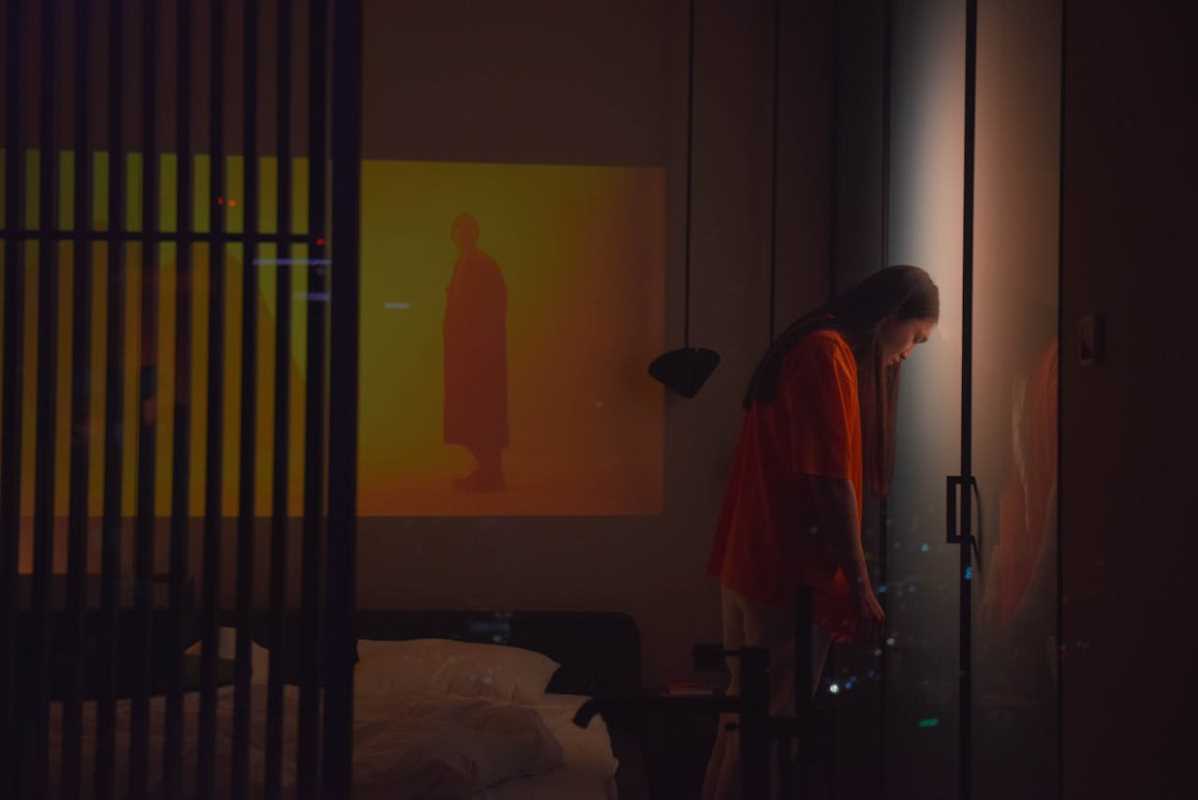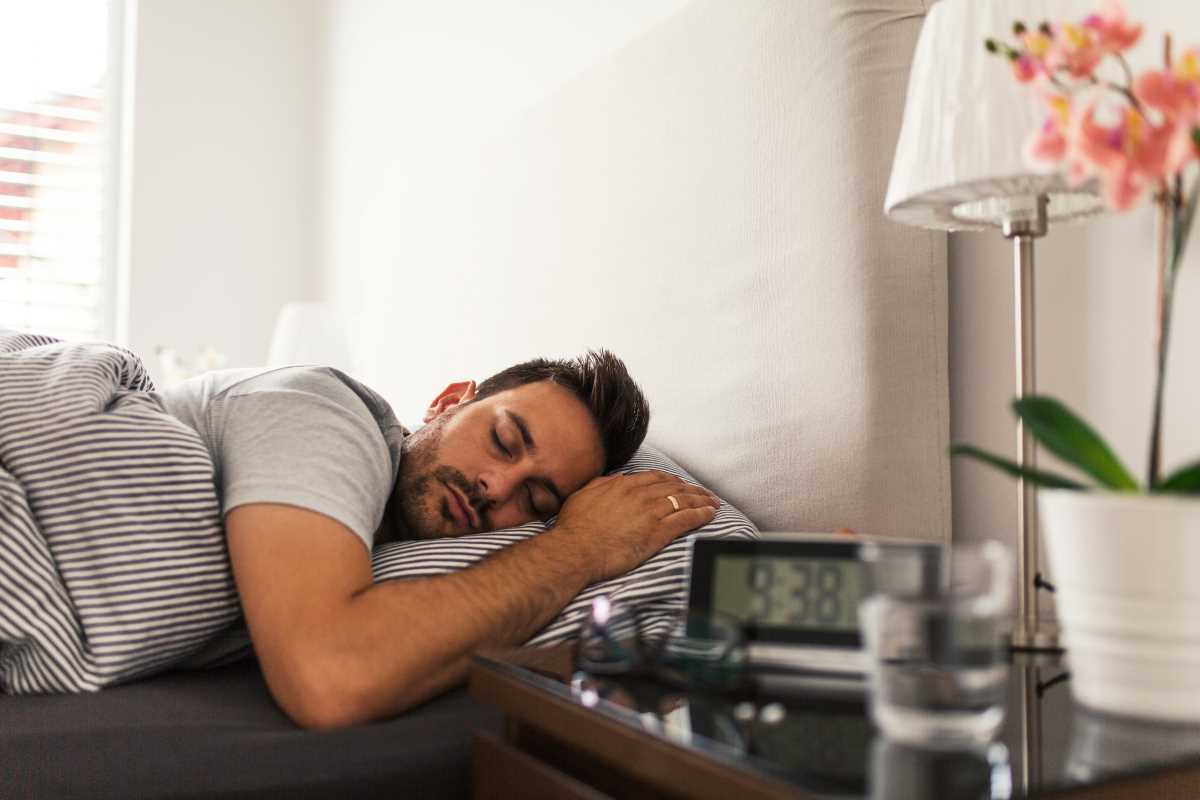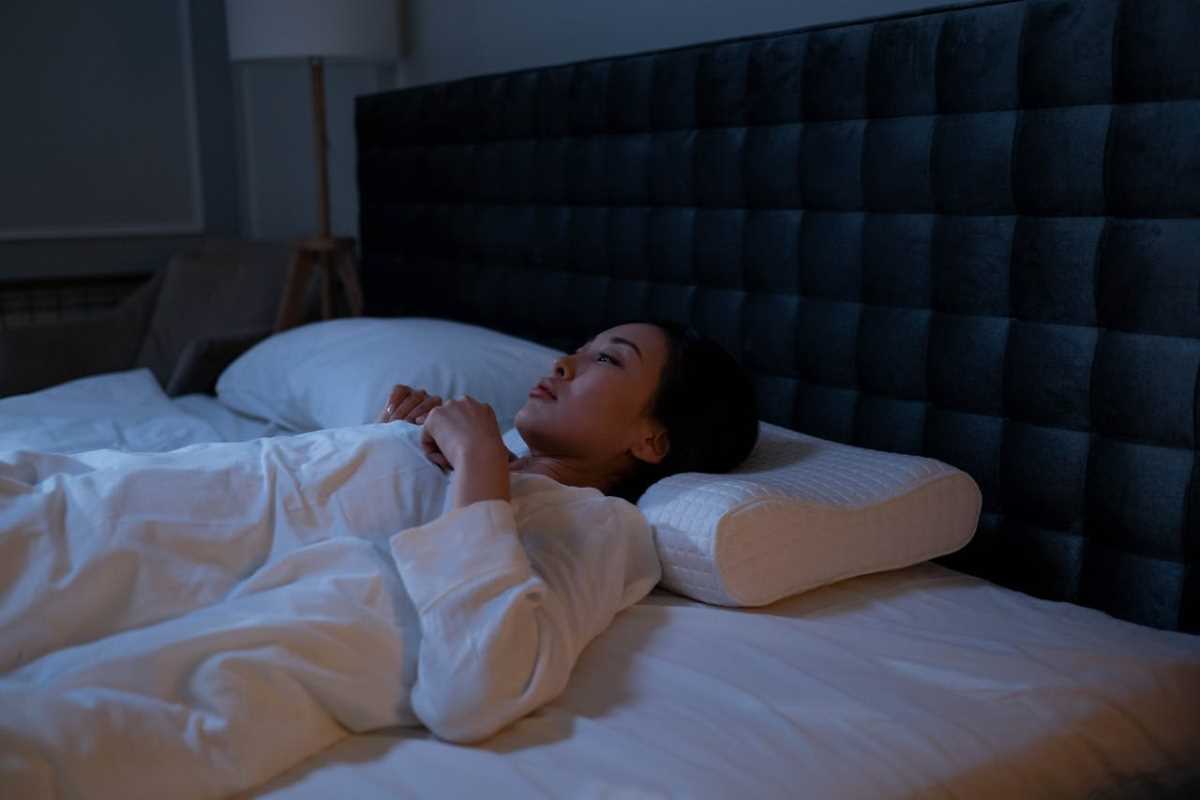For individuals with ADHD (Attention-Deficit/Hyperactivity Disorder), life often involves managing a whirlwind of thoughts, emotions, and behaviors. But one area that doesn’t always get the attention it deserves is sleep. Sleep challenges and ADHD often go hand in hand, creating a cycle that can undermine daily focus, productivity, and general well-being.
If you’re grappling with ADHD and struggling to get good-quality sleep, know you’re not alone—and there are ways to manage this complex relationship. Below, we’ll explore how ADHD impacts sleep, common challenges you may face, and actionable strategies to help you rest better and wake up feeling more refreshed.
How ADHD Affects Sleep Patterns
ADHD isn’t just about difficulty focusing or managing impulsivity during the day—it also impacts behavior and brain activity at night. Many people with ADHD describe a sense of being “wired but tired.” Your body feels physically drained, but your mind races, making it hard to fall asleep and stay asleep. Why does this happen?
1. Delayed Sleep Phase Syndrome (DSPS)
ADHD often comes with a disrupted circadian rhythm or internal body clock. Many adults with ADHD experience Delayed Sleep Phase Syndrome (DSPS), leading their body to feel more alert at night and resistant to normal sleeping hours. You might find yourself wide awake at midnight, despite knowing you need to be up early the next morning.
This misalignment often creates a cycle where staying up too late leads to grogginess and difficulty functioning the next day, fueling the symptoms of ADHD even further.
2. Difficulty Winding Down
People with ADHD often struggle to transition smoothly between activities, and transitioning from wakefulness to sleep is no exception. Hyperactive thought patterns can keep your mind buzzing, whether you're reliving conversations from the day, planning tomorrow’s tasks, or hyperfocusing on a late-night hobby or project.
3. Insomnia and Restless Sleep
Sleep studies suggest that adults with ADHD are more likely to experience insomnia, finding it difficult to fall asleep or waking up frequently during the night. Even when sleep happens, it isn’t always restful. Many report feeling they’ve tossed and turned all night, resulting in fatigue and brain fog the next day.
4. Hyperfocus and Neglected Sleep Hygiene
Hyperfocus, the state of becoming deeply absorbed in a single activity, can be both a blessing and a curse for individuals with ADHD. While it can lead to amazing productivity, it may also cause you to lose track of time. Hours can slip by before you realize you’ve skipped your wind-down routine or stayed up much later than you’d intended.
5. Sensitivity to Environmental Triggers
Noise, light, or even uncomfortable bedding can feel extra disruptive when you have ADHD. Heightened sensitivity to stimuli can lead to frequent wake-ups or difficulty staying asleep, especially if you don’t have control over your sleep environment.
The Impact of Poor Sleep on ADHD
The connection between ADHD and sleep isn’t a one-way street. Just as ADHD affects your ability to sleep, poor sleep also exacerbates ADHD symptoms. Sleep deprivation may worsen the classic ADHD challenges of inattention, impulsivity, and hyperactivity. You might find it harder to stay on task, regulate your emotions, or even make decisions after a bad night’s sleep.
This can create a frustrating feedback loop—ADHD makes it hard to sleep, and poor sleep makes ADHD harder to manage. The result? Exhaustion, stress, and reduced quality of life if left unaddressed.
Strategies for Managing ADHD-Related Sleep Challenges
The good news is that you don’t have to resign yourself to sleepless nights. With some thoughtful adjustments, you can take control of your bedtime routine and improve your overall sleep quality. Here are some actionable strategies you can try.
1. Establish a Consistent Sleep Routine
A consistent schedule may help regulate your circadian rhythm, even if your body tends to resist it. Commit to going to bed and waking up at the same times every day—even on weekends. Consistency helps signal to your body when it’s time to wind down and when it’s time to wake up.
If you’re used to erratic sleeping patterns, building this habit will take time. Start small by adjusting your bedtime or wake-up time in 15-30 minute increments until you hit your target.
2. Create a Screen-Free Wind-Down Routine
The blue light from screens—your phone, TV, or computer—can interfere with melatonin production and make it harder for you to feel sleepy. Limit screen use one to two hours before bed. Instead, try calming activities like reading a book, journaling, or listening to soothing music to help your mind transition into rest mode.
If you find it hard to resist scrolling late at night, consider setting an alarm to remind you to start your wind-down routine or using apps that limit screen time during certain hours.
3. Practice Mindfulness Techniques
If racing thoughts stop you from falling asleep, mindfulness can help. Simple relaxation exercises like deep breathing, progressive muscle relaxation, or guided meditation can ease anxiety and help your brain shift focus. Apps like Calm or Headspace offer bedtime meditations designed specifically to promote better sleep.
4. Tailor Your Sleep Environment
Creating a sleep-friendly environment can make a significant difference, especially for those with ADHD. Some adjustments to consider:
Darken your bedroom with blackout curtains or an eye mask to limit light exposure.
Use white noise or a fan to cover disruptive background sounds.
Invest in comfortable bedding that doesn’t irritate or overheat you.
Keep the room cool, as cooler temperatures are generally more conducive to restful sleep.
5. Limit Stimulants in the Evening
Caffeine or nicotine intake too close to bedtime can wreak havoc on your ability to fall asleep. Try to cut off all stimulants 4-6 hours before bedtime to give your system time to wind down naturally.
If you take ADHD medication, talk to your doctor about timing. Some medications may interfere with your sleep if taken too late in the day, though alternatives or adjustments may help mitigate this issue.
6. Use Sleep Aids Thoughtfully
Melatonin supplements can be helpful for some people with ADHD—especially for managing DSPS—but they’re not a one-size-fits-all solution. Before relying on supplements or over-the-counter aids, consult with a healthcare professional to tailor solutions to your body’s needs.
7. Adjust Your Diet
What you eat during the day can influence how well you sleep. Heavy, rich, or sugar-laden meals close to bedtime may leave your body too stimulated for rest. Instead, opt for lighter snacks in the evening, such as a handful of nuts or a banana, which can actually support sleep thanks to their natural magnesium or melatonin content.
8. Seek Professional Support
If you’ve tried multiple strategies and still struggle, reaching out to a healthcare professional can help. A sleep specialist or ADHD-focused therapist can work with you to identify underlying issues and develop a personalized plan.
Therapy options like cognitive-behavioral therapy for insomnia (CBT-I) or neurofeedback therapy may provide additional support if sleep challenges remain persistent.
Reassurance for Moving Forward
If ADHD and poor sleep are making life feel unmanageable, it can be easy to feel frustrated or hopeless. But it’s important to remember that you’re not alone—and these challenges don’t have to define your daily experience. Managing the relationship between ADHD and sleep is a process, not an overnight fix, and progress often comes in small, consistent steps.
 (Image via
(Image via





